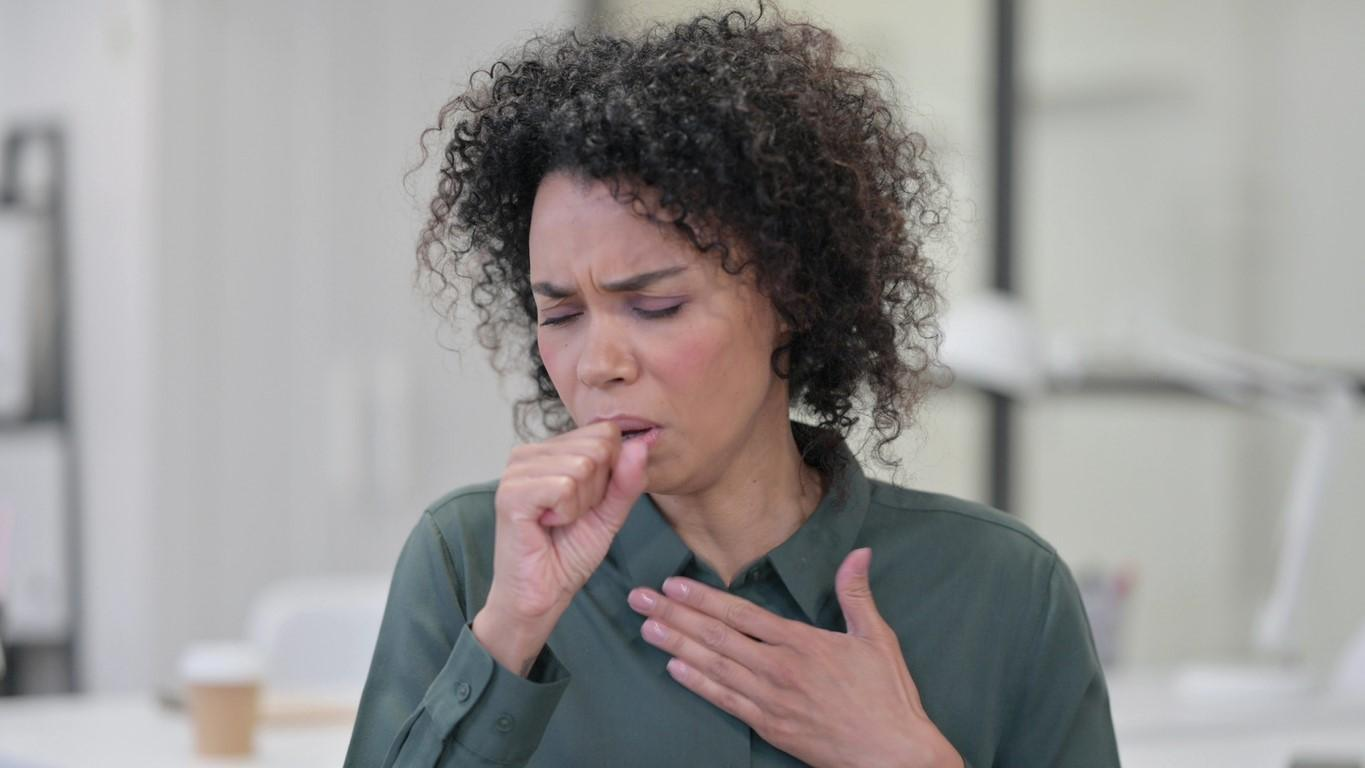The risks of respiratory complications were eightfold and nearly twofold greater in COVID-19 patients in South Korea and Japan during and after infection, respectively, than in the general population, suggests a study published yesterday in Nature Communications.
Led by researchers at Kyung Hee University College of Medicine in Seoul, the study assessed the risk of acute or post-acute respiratory complications after COVID-19 infection among a main cohort of 2,312,748 Koreans and a Japanese replication cohort of 3,115,606. The average age of the Korean cohort was 47.2 years, 48% were women, and 17.1% had tested positive for COVID-19.
Much higher risk compared to flu
The risk of respiratory complications among COVID-19 patients in the main Korean cohort was significantly higher than that among the general population during (hazard ratio [HR], 8.06) and after (HR, 1.68) infection. A similar trend was noted in the Japanese replication cohort (respective HRs, 4.17 and 3.32).
The risk of developing post-acute respiratory conditions was highest in the first 3 months after COVID-19 infection (main HR, 2.51; replication HR, 4.40) but was still elevated after 6 months (main HR, 1.10; replication HR, 2.67).
Relative to the risk of acute respiratory complications in influenza patients, SARS-CoV-2 infection was significantly tied to an increased risk (main cohort HR, 4.32; replication cohort HR, 6.51).
Relative to the general population, COVID patients were at a significantly higher risk for several types of post-acute respiratory condition, including chronic respiratory failure (main cohort HR, 8.92; replication HR, 7.55) and chronic obstructive pulmonary disease (COPD), emphysema, asthma, pulmonary sarcoidosis, and interstitial lung disease (main HR, 10.38; replication HR, 4.75).
The risk of acute respiratory complications, including aspergillosis pneumonia (main HR, 6.85; replication HR, 4.97) and pneumothorax, acute respiratory failure (main HR, 112.04; replication HR, 6.49) rose in COVID-19 patients compared with the general population. This tendency held true in comparison with flu patients.
Vaccination greatly reduced the risk
The risk of acute respiratory complications declined with increasing number of COVID-19 vaccine doses (HR after one dose, 0.51; HR after two or more (HR, 0.24). The lowest risk of post-acute respiratory complications was seen among recipients of mixed types of vaccines (HR, 0.18).
Post-recovery from COVID-19, the immune system undergoes reconstruction.
The risks of respiratory complications during infection were higher in patients with moderate or severe COVID-19 symptoms (HR, 39.54). Both the wild-type SARS-CoV-2 strain and the Delta variant were linked to a higher risk of acute respiratory complications (wild-type HR, 9.21; Delta HR, 7.44). The risk of post-acute respiratory conditions showed a similar trend.
"Post-recovery from COVID-19, the immune system undergoes reconstruction," the study authors wrote. "However, the elevated interferon responsive genes in monocytes can still be found after 4 months since the infection, which implies that the immune system is not fully recovered after 4 months, and constant attention must be paid to the patients."
The researchers added that the findings underscore the need for better healthcare policies to manage social health. "To minimize adverse respiratory outcomes after being infected with SARS-CoV-2, the government should make policies to mix and match the vaccine types to individuals," they wrote. "Individuals should be investigated even after full recovery from COVID-19 to resolve post-acute COVID-19 conditions."



















